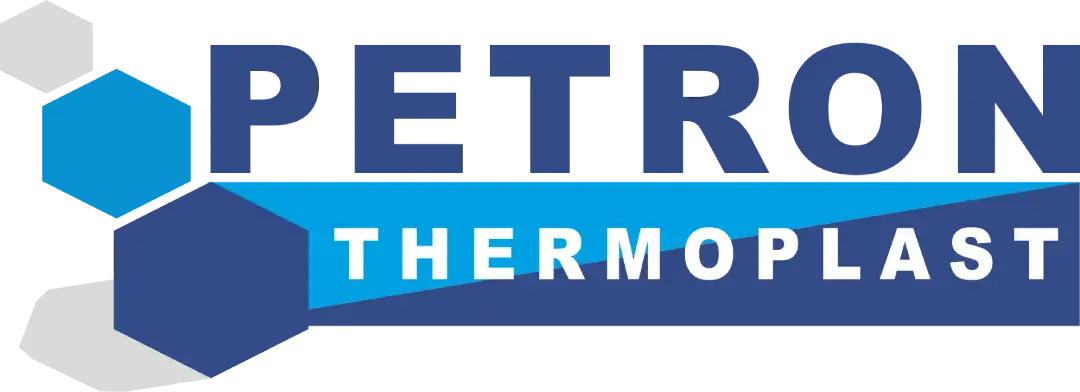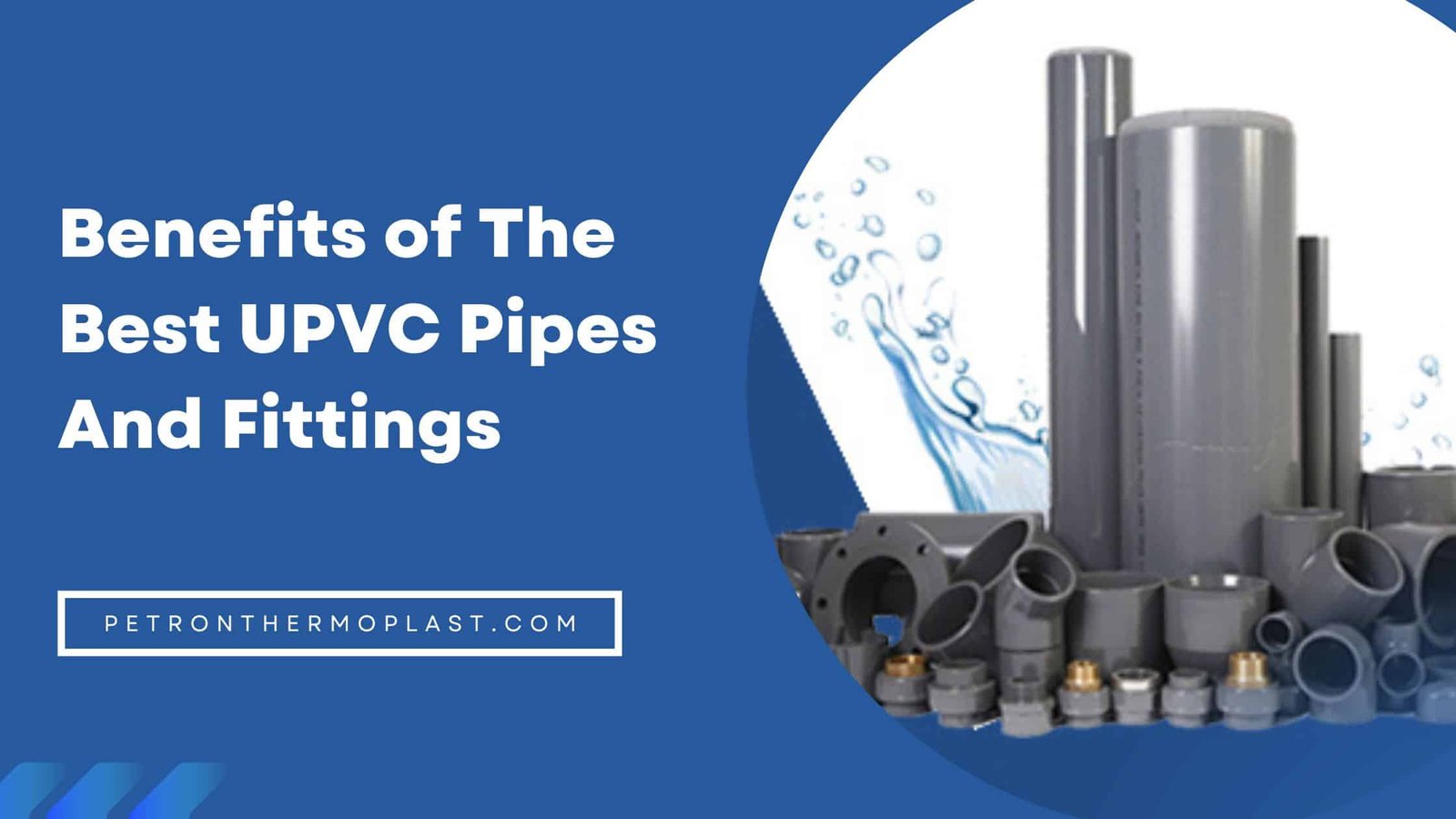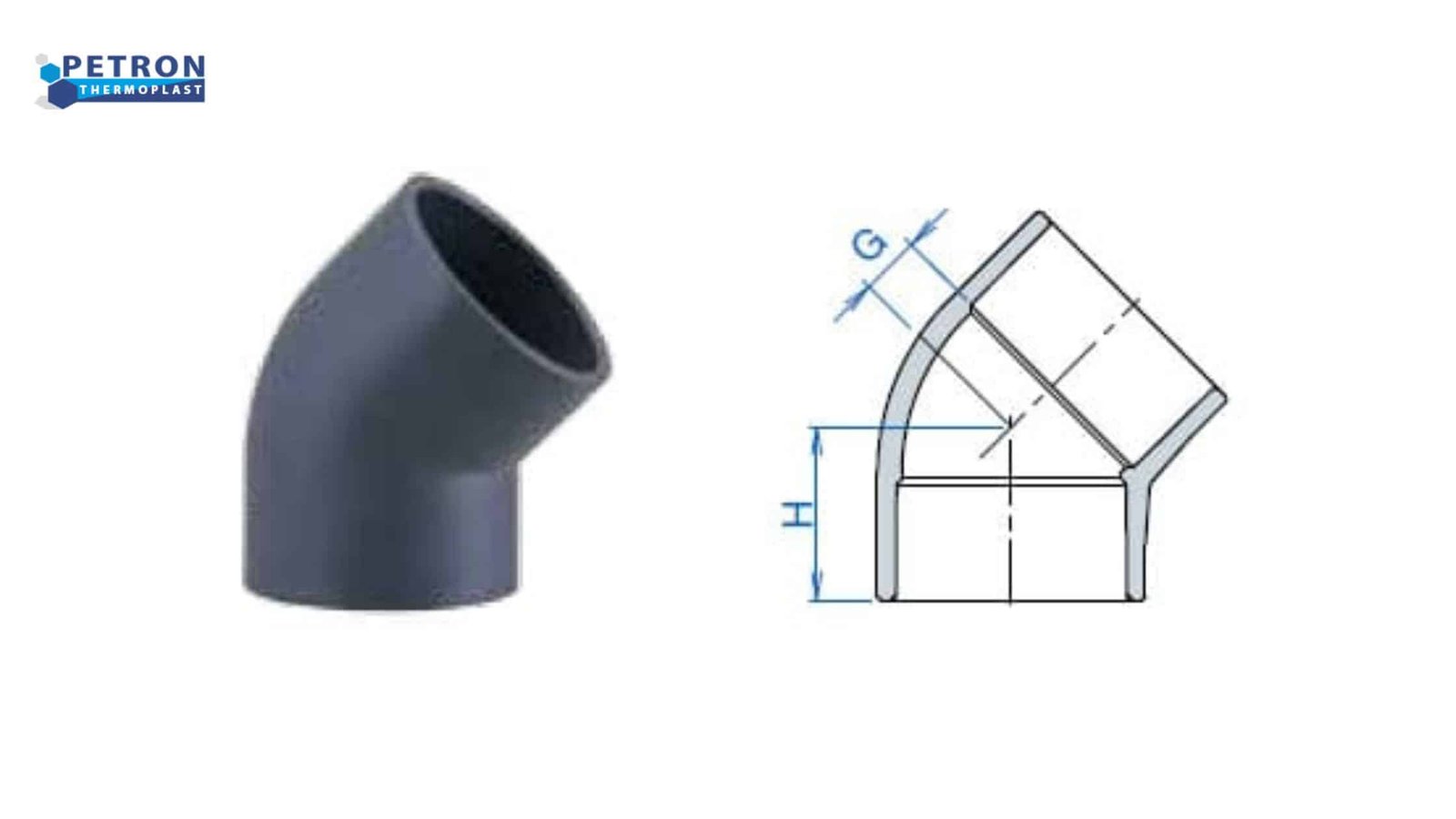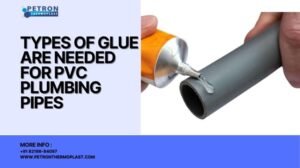Know The Importance And Benefits of The Best UPVC Pipes And Fittings for Various Industrial Applications
Water that is available, clean, and dependable is essential, regardless of whether the property is residential or commercial. People have been experimenting with various materials since time immemorial to find a suitable one that ensures an adequate water supply. Metal pipes were once commonly used to transport water. However, as we all know, metals are susceptible to rust, oxidation, and other natural elements. As a result, they did not make the best choice for plumbing application forms. Soon after, plastic pipes were invented, and UPVC is a type of plastic pipe that has changed the face of the pipeline industry. Because of these pipes’ benefits, the leading manufacturers of UPVC pipes and fittings have developed a wide range of UPVC pipes for both residential and commercial plumbing requirements.
Click here to know more technical details and for the full product list.
Defining UPVC:
UPVC is an abbreviation for unplasticized polyvinyl chloride. UPVC is an excellent choice for residential and commercial plumbing constructions due to its high resistance to chemicals and natural elements.
What are the primary characteristics of UPVC pipes?
Here are some of the key properties of UPVC pipes that you should be aware of.
- More durable than PVC:
Additional plasticizing polymers are not utilized in the production of UPVC pipes. Thus, UPVC pipes have a more rigid continuity than PVC pipes.
- Eco-friendly and chemically resistant:
These pipes are made from virgin unplasticized polyvinyl chloride substances that are eco-friendly. UPVC has become an essential component of plumbing because of its chemical resistance.
The UPVC material is completely stable and non-reactive, with a temperature tolerance of up to 60°C. It makes it an excellent medium for transporting potable and non-potable water.
- Chemical and weather resistance:
UPVC pipes are the most popular because they can withstand extreme temperature and operating pressure fluctuations. Because they are extremely strong, they are the most commonly utilized pipes for drinking and cold water flow, sewage lines and exterior drainage pipes.
- Safe & Secure:
Because phthalates or BPA are not used in their manufacture, UPVC pipes pose little to no health risks and are thus the most suggested pipes for the passage of clean, compact drinking water.
- Lightweight and easy to use:
These are lightweight, long-lasting, and resilient. Furthermore, UPVC pipes need little to no maintenance. Because they are one-fifth the weight of steel pipes, they are less expensive to transport and install.
- Cost-effective:
These drainage pipes are easy to install and have low installation and operating costs. Even they save money on a substitute in the long run because they are hard and long-lasting.
- Longevity:
These pipes are mineral resistant, corrosion resistant, and can withstand the effects of hardware conditions. As a result, the pipes do not cause corrosion or scale. UPVCs are extremely strong and UV resistant.
 What are the uses for UPVC Pipes?
What are the uses for UPVC Pipes?
Let’s look at how UPVC pipes are used in our daily lives.
- UPVC water pipes are used for covering drinking water system lines and tube work.
- These are also mainly used to produce tube well raising mains and UPVC downpipes.
- UPVC pipes and fittings behave in a neutral manner irrespective of the nature of the mobility fluid. It is because they are made of odourless and distasteful materials.
- They do not enable deposits inside the pipeline; therefore, UPVC pipes are widely used in sewerage systems.
- UPVC pipes are immune to all types of metallic corrosion and non-metallic. They are an excellent choice for outflow and sewer pipelines.
- This material is a great choice for electrical installation because it is non-conductive to fire and combustion. As a result, UPVC pipes are more secure.
- UPVC plumbing fixtures and pipes are additionally used in bathrooms for ventilation.
How is it different from PVC pipes?
The only distinction between PVC and UPVC is that PVC may contain BPA and phthalates, two plasticizers that make it much more versatile. The “U” in UPVC stands for “unplasticized,” since it lacks these extra materials, it is commonly referred to as rigid plastic.
UPVC has more usage in water pipe systems than PVC. The additional materials give UPVC superior chemical erosion resistance, and its seamless inner walls enable water to flow quite smoothly and with less turmoil. UPVC can withstand a wider spectrum of temperatures than PVC.
UPVC is rigid PVC:
Due to its rigidity, UPVC is a better building material than PVC. When you buy PVC decking boards, railings, or siding material, you’re buying UPVC, not PVC.
BPA (Bisphenol A) and phthalates are the chemicals that make PVC more adaptable and are thus excluded from UPVC. Neither of these is particularly toxic, but neither is completely non-toxic. BPA is only toxic at extremely high concentrations, whereas certain phthalates, such as Di (2-Ethylhexyl) phthalate, are endocrine disruptors and may cause cancer. Despite this, phthalates are used in many consumer products, such as children’s toys.
Petron Thermoplast provides the best pipe items of various kinds. We provide our plastic products at an affordable cost. So, if you want to purchase the best UPVC pipes and fittings for your requirements, you can purchase those from us at a reasonable price.


 What are the uses for UPVC Pipes?
What are the uses for UPVC Pipes?

